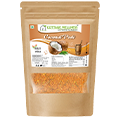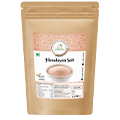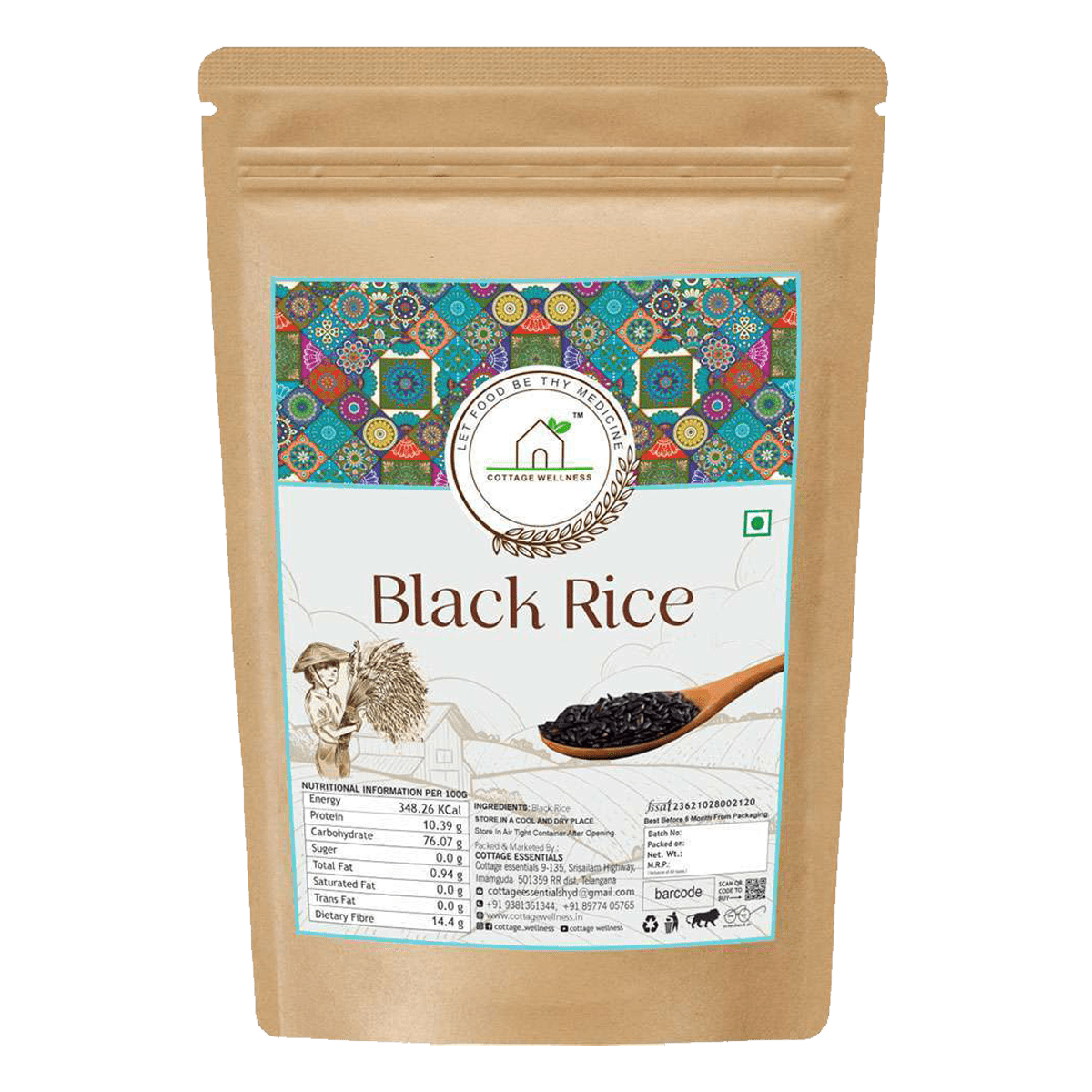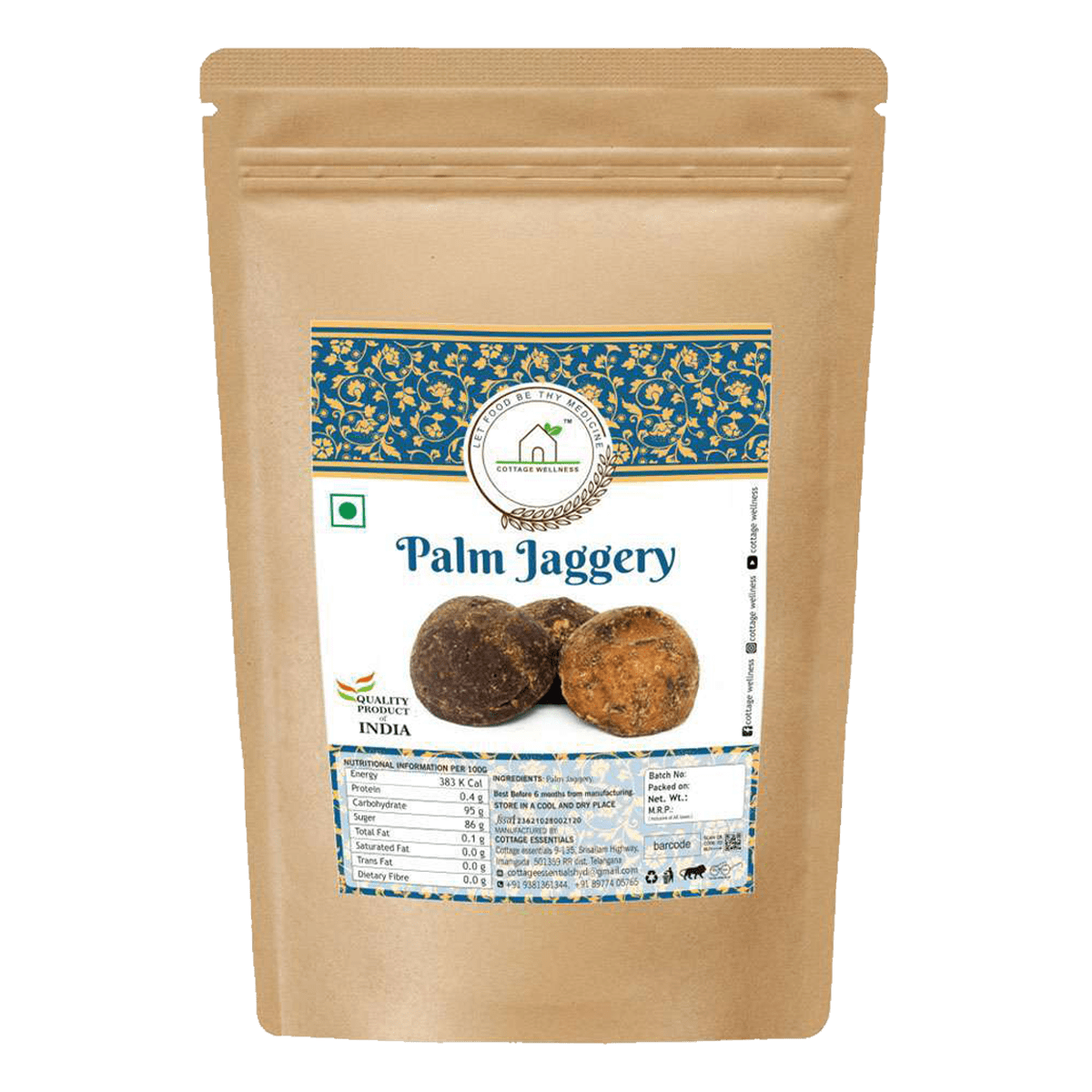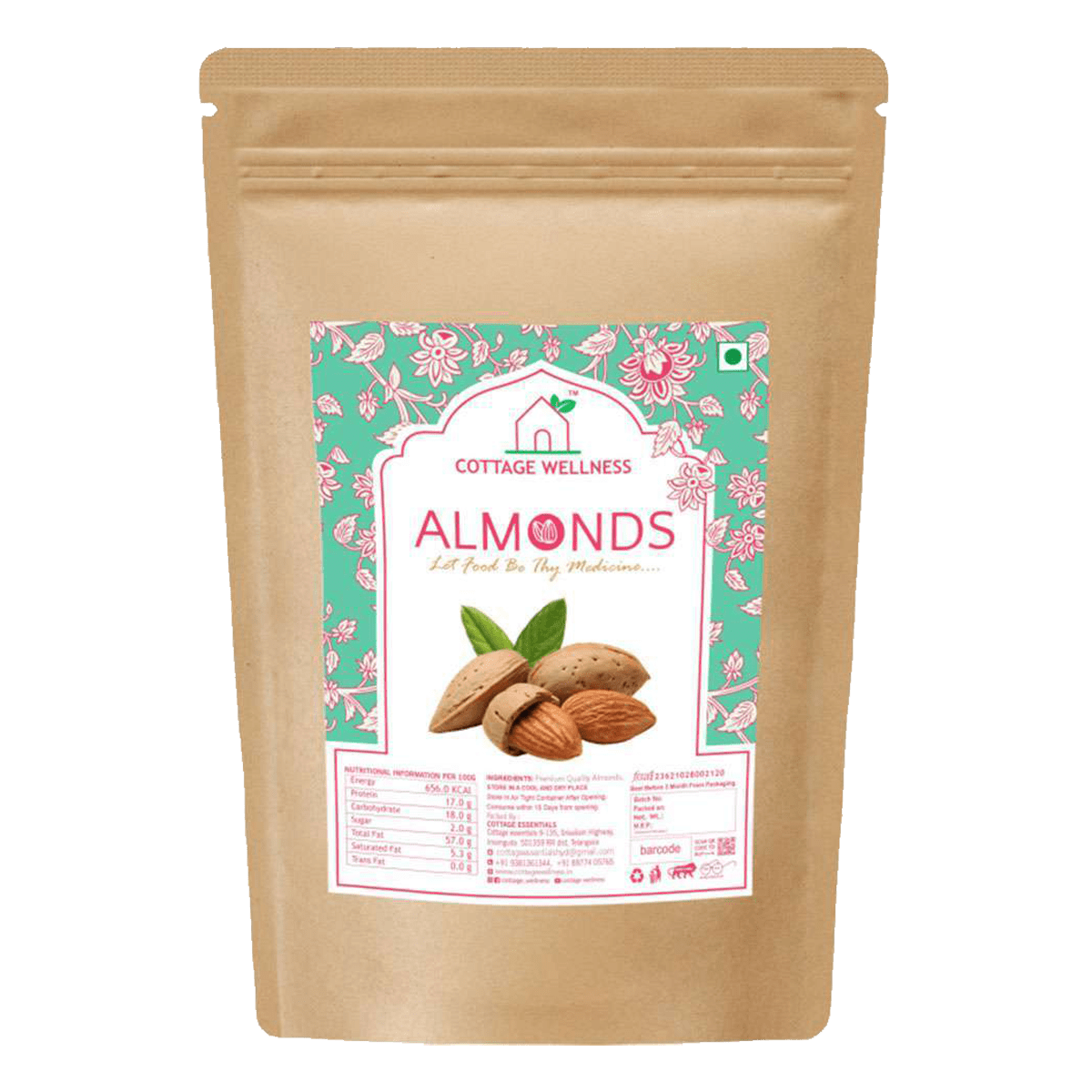No products in the cart.
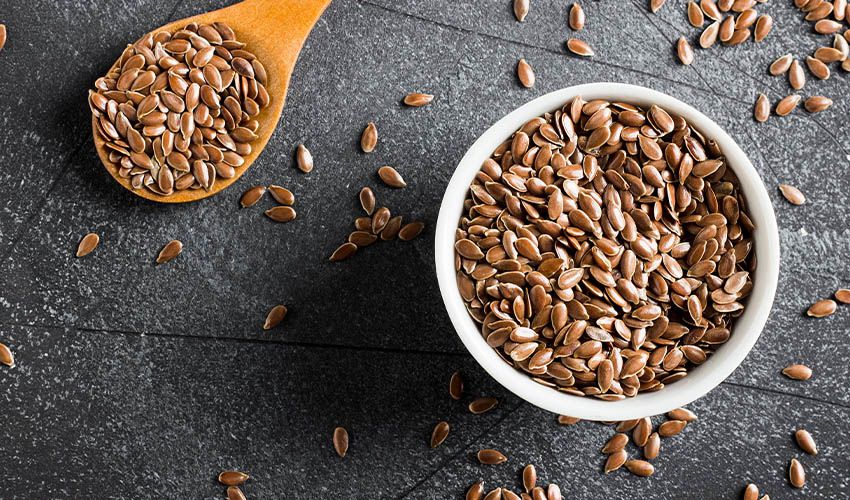
Flax seeds: A powerhouse of nutrition
Flax seeds, also known as linseeds, have been cultivated for thousands of years and are considered a nutritional powerhouse. These small, golden or brown seeds are packed with nutrients and have numerous health benefits. Flax seeds are an excellent source of omega-3 fatty acids, fiber, antioxidants, and lignans, among other vitamins and minerals. They are also low in carbohydrates and high in protein, making them a popular choice for those looking to maintain a healthy weight or following a plant-based diet. In this blog post, we’ll explore the many benefits of flax seeds and how you can incorporate them into your daily diet.
How flax seeds can benefit brain health.
Flax seeds are a rich source of omega-3 fatty acids, particularly alpha-linolenic acid (ALA). Omega-3 fatty acids are essential for brain health and are believed to play a role in cognitive function, memory, and mood regulation.
Studies have shown that consuming foods rich in omega-3 fatty acids, such as flax seeds, can help reduce the risk of cognitive decline and Alzheimer’s disease. In fact, one study found that consuming flaxseed oil, which is high in ALA, improved cognitive function in older adults with mild cognitive impairment.
In addition to omega-3 fatty acids, flax seeds also contain lignans, which have antioxidant properties and can help protect against oxidative stress, a major contributor to cognitive decline and neurodegenerative diseases.
To incorporate flax seeds into your diet and reap the brain-boosting benefits, try adding ground flax seeds to smoothies, oatmeal, or yogurt, or using flaxseed oil as a salad dressing. Keep in mind that flax seeds should be ground before consuming to maximize their nutritional benefits.
Flax seeds can contribute to hormonal balance.
Flax seeds are a rich source of lignans, a type of phytoestrogen that can mimic the activity of estrogen in the body. This can be particularly beneficial for women, as estrogen plays a crucial role in reproductive health and hormonal balance.
Research suggests that consuming flax seeds can help regulate estrogen levels and may be beneficial for women experiencing symptoms of menopause, such as hot flashes and night sweats. In fact, a study found that women who consumed 40 grams of flax seeds per day for six weeks experienced a significant reduction in the frequency and severity of hot flashes.
Flax seeds may also be beneficial for women with estrogen-sensitive breast cancer, as they have been shown to inhibit tumor growth in animal studies. However, it’s important to talk to your healthcare provider before incorporating flax seeds into your diet if you have a history of breast cancer.
To incorporate flax seeds into your diet and reap the benefits for hormonal balance, try adding ground flax seeds to smoothies, oatmeal, or yogurt, or using flaxseed oil as a salad dressing. Keep in mind that flax seeds should be ground before consuming to maximize their nutritional benefits.
How to use flax seeds in a range of recipes from breakfast to dinner.
Flax seeds are a versatile ingredient that can be easily incorporated into a range of recipes, from breakfast to dinner. Here are some ideas:
- Breakfast: Add ground flax seeds to your morning smoothie, oatmeal, or yogurt for an extra boost of nutrition.
- Baking: Replace a portion of flour with ground flax seeds in recipes for muffins, bread, and pancakes. This can add a nutty flavor and a nutritional boost.
- Salad dressing: Mix flaxseed oil with vinegar or lemon juice, and season with herbs and spices for a delicious and healthy salad dressing.
- Meat substitute: Mix ground flax seeds with water and use it as an egg substitute in recipes that call for eggs, such as meatloaf, burgers, or meatballs.
- Snacks: Mix ground flax seeds with peanut butter and honey for a healthy and delicious energy bar or spread.
- Soups and stews: Add whole or ground flax seeds to soups and stews for a nutritious and hearty addition.
- Smoothie bowl: Top your smoothie bowl with fresh fruit, granola, and a sprinkle of ground flax seeds for a nutritious and filling breakfast.
- Stir-fry: Add whole or ground flax seeds to stir-fry dishes for a crunchy and nutritious addition.
Remember to grind flax seeds before using them to maximize their nutritional benefits, as whole flax seeds can pass through the digestive system undigested.
How flax seeds can support overall health and wellbeing.
Flax seeds are a powerhouse of nutrition that can support overall health and wellbeing in a variety of ways. Here are some benefits of incorporating flax seeds into your diet:
- Improved heart health: Flax seeds are rich in alpha-linolenic acid (ALA), a type of omega-3 fatty acid that has been shown to lower blood pressure, reduce inflammation, and improve cholesterol levels. These benefits can help lower the risk of heart disease and stroke.
- Digestive health: Flax seeds are high in soluble and insoluble fiber, which can help improve digestive health by promoting regular bowel movements, reducing constipation, and preventing diverticular disease.
- Weight management: Flax seeds are low in carbohydrates and high in protein and fiber, which can help you feel full and satisfied for longer, reducing the likelihood of overeating and aiding in weight management.
- Reduced inflammation: Flax seeds are rich in lignans, which have anti-inflammatory properties that can help reduce inflammation in the body and improve conditions such as arthritis and asthma.
- Improved skin health: Flax seeds are a rich source of antioxidants, including lignans and vitamin E, which can help protect against skin damage and improve skin health.
- Hormonal balance: As mentioned earlier, flax seeds contain lignans, which can mimic the activity of estrogen in the body and may be beneficial for women experiencing symptoms of menopause and those with estrogen-sensitive breast cancer.
Overall, incorporating flax seeds into your diet can provide numerous health benefits and support overall health and well-being.



